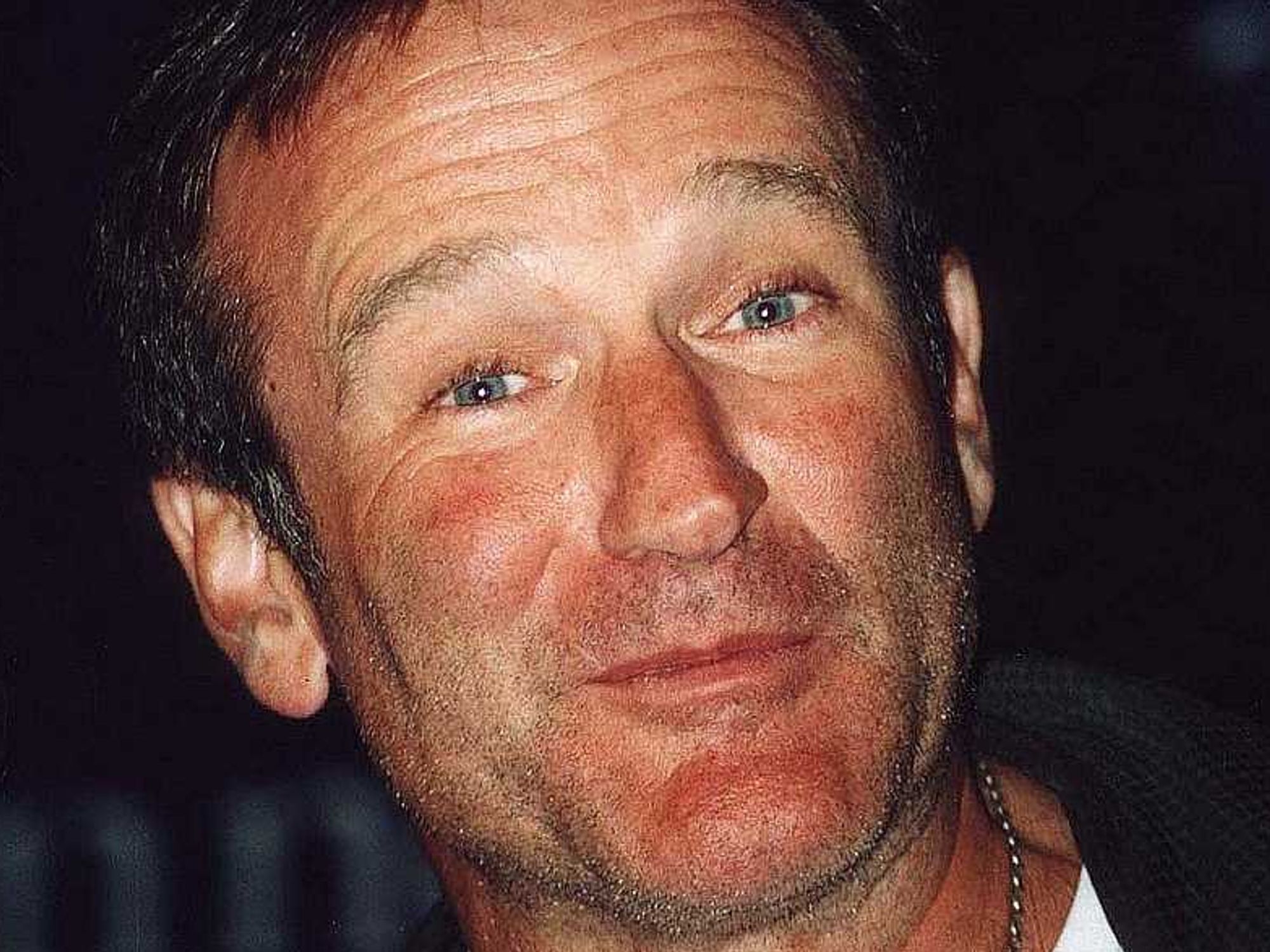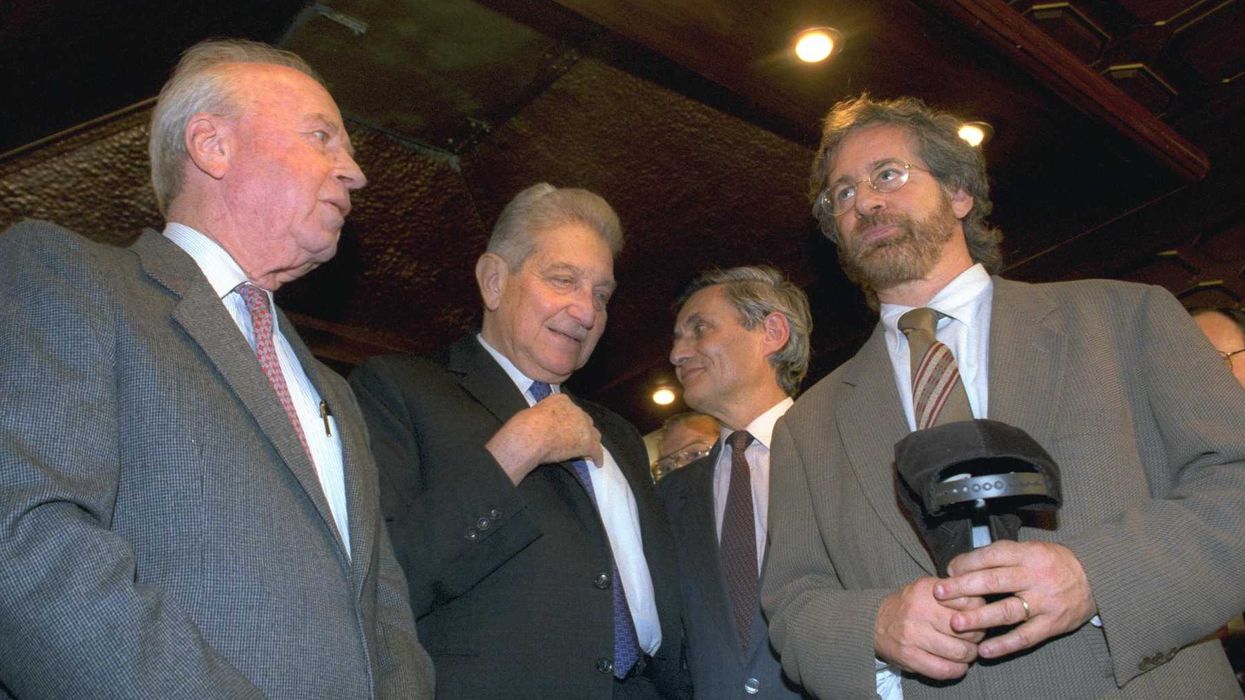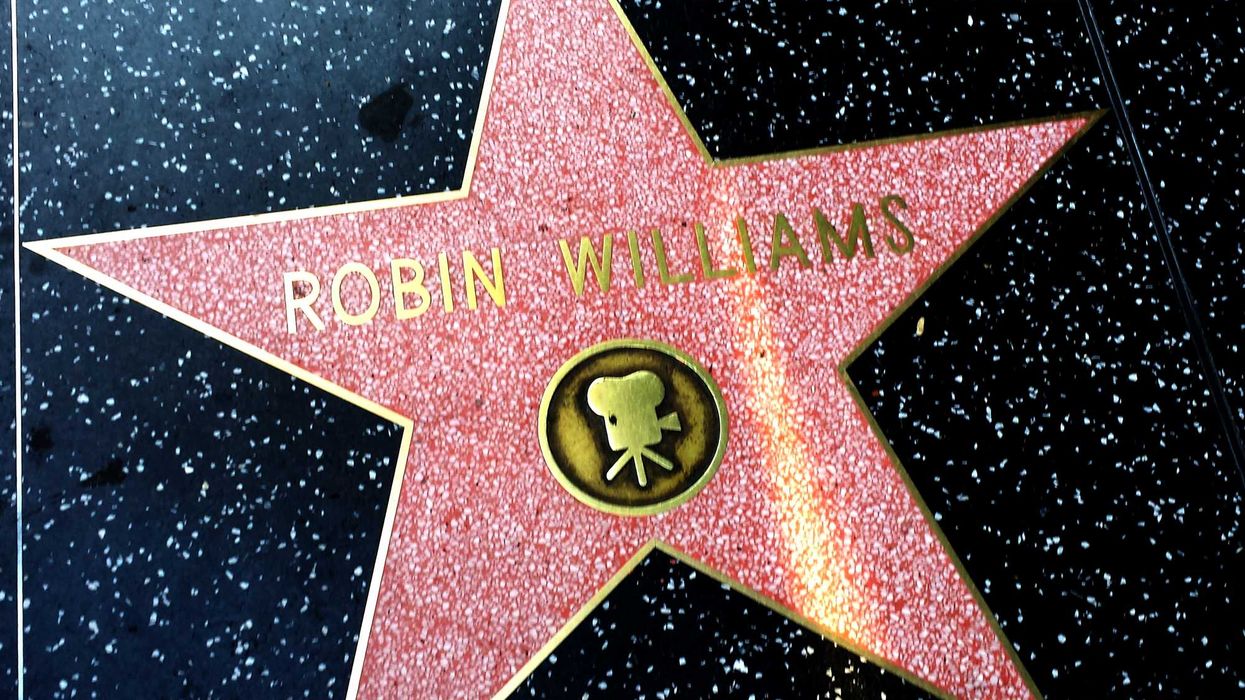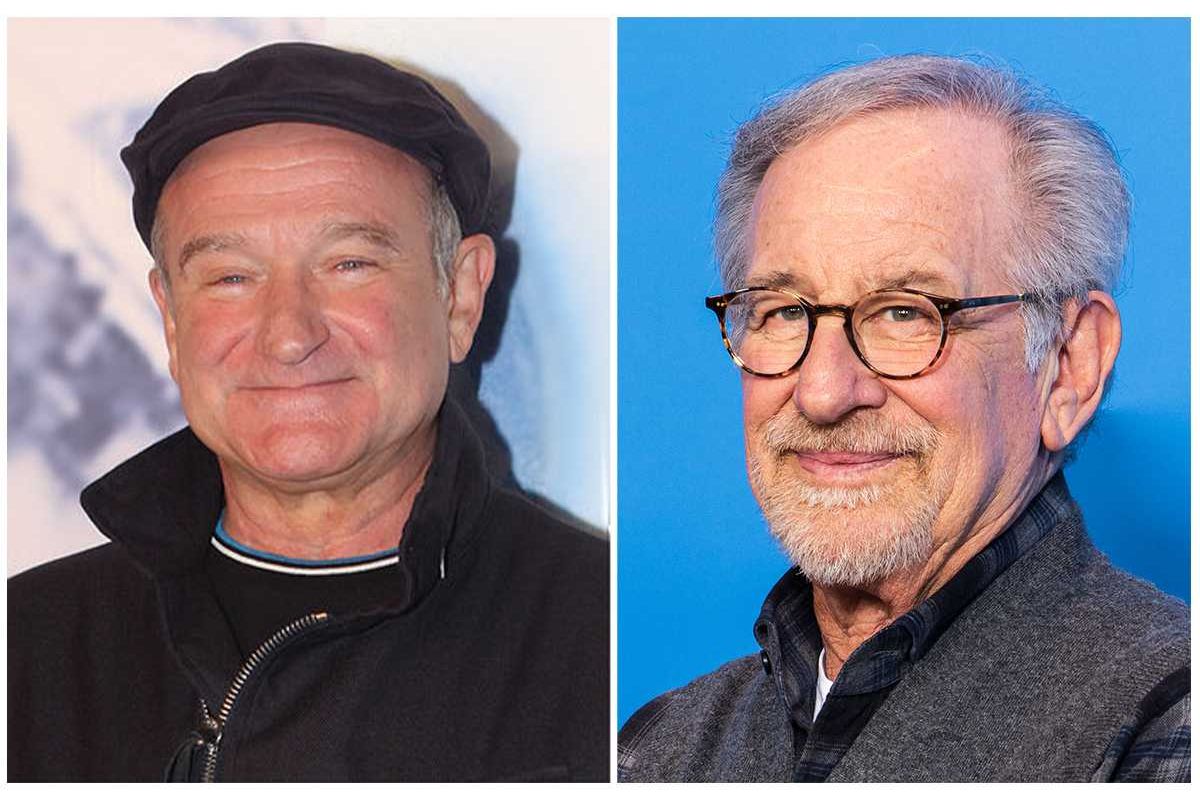Robin Williams constantly phoned Steven Spielberg during 'Schindler's List' to lift his spirits
“I would call him and just riff for him.”
Robin Williams at Happy Feet Premiere and Steven Spielberg at Berlinale 2023
Robin Williams was an actor and comedian best known for bringing intense energy to his improvisational comedy. Many fans loved his outlandish humor. Others found his serious and emotional acting roles deeply moving. What most of us never had a chance to experience was that Robin Williams was also a kind and loving friend.
In a recently resurfaced interview, Williams recounts reaching out to his friend, Steven Spielberg, during the filming of "Schindler's List." Knowing it was highly stressful and troubling material that Spielberg was exploring, Williams wanted to add some levity and offer relief in the best way he knew how: comedy.
Williams shares things he might say during a Spielberg phone call
"So I would call him and just riff for him," explains Williams in the video. He then goes on to perform some of the funny characters and improvisational ideas that came to his mind.
Using a Yiddish-influenced accent, he says, "Hello, Steven. I'm sending you some kosher email." The audience breaks into laughter. "You've got Mohel! Steven, I've been on eBay, and I've changed it to oy vey," performs Williams as the crowd roars with laughter again.
Then, Williams reflects on the seriousness of the situation, sharing, "I'd called him, and we would just, every once and a while. Just to give him a fix on that, just because you know, that was a hideous, hideous thing. He kept going. He had to."

Years after his passing, Williams continues to surprise and delight us
Viewers of the Instagram post couldn't help but share some kind words and reflect on the memorable spirit that was Robin Williams:
"A wonderful man that brought so much light..."
"What a man"
"Super sensitive human being, understood that sometimes we just laugh to keep going!"
"You Brilliant, Talented Love, miss you , god rest your Beautiful Soul RW"
"I’m glad we get to hear what all he would say to him to make him laugh! So much talent and love for others!!"
"Such a special human being"

Spielberg shares his gratitude for what Williams did for him
USA Today reported that after the 25th anniversary screening of "Schindler's List" at the Tribeca Film Festival, Spielberg shared, "Robin knew what I was going through, and once a week, Robin would call me on schedule and he would do 15 minutes of stand-up on the phone, and I would laugh hysterically, because I had to release so much." Spielberg continued, "But the way Robin is on the telephone, he'd always hang up on the loudest, best laugh you'd give him. He'd never say goodbye, just hang up on the biggest laugh."

Celebrities remember Robin Williams
In a 2025 article for Entertainment, Matthew Lawerence, a child actor who performed with Williams in the movie "Mrs. Doubtfire," said, "He really quantified what it was to be a real artist for me in the sense that he was definitely, and I worked with some great people, and he was definitely the most brilliant artist I've ever worked with." Lawrence continued, "But on top of that, he had the compassion, he had the humility..."
Robin Williams was not only a respected artist but a cherished person. Someone who struggled with his own demons and did his best to navigate the world by making it laugh.
- YouTube www.youtube.com

